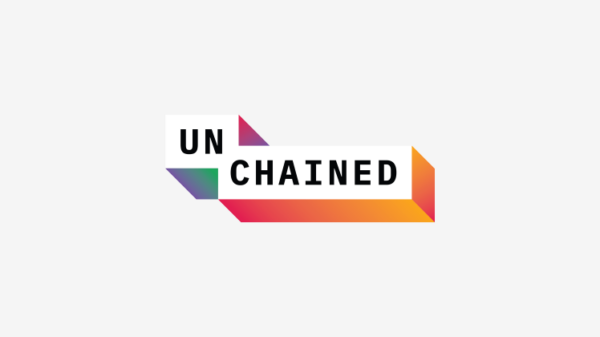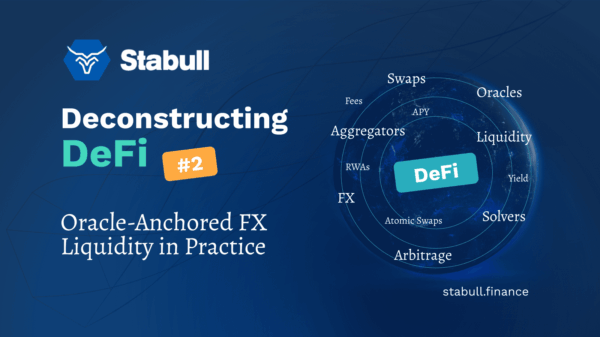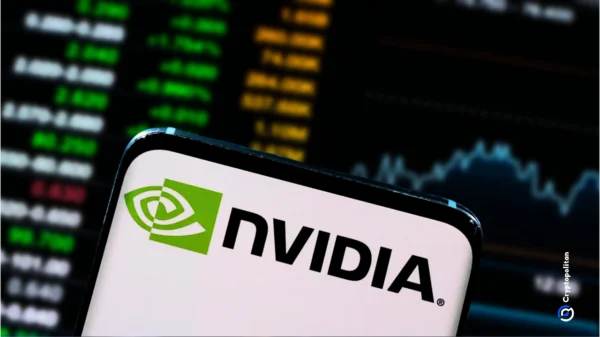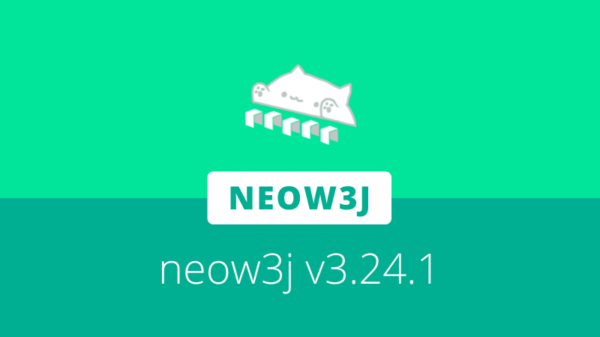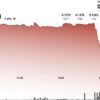A recent report indicates that small-cap companies are increasingly utilizing in-kind cryptocurrency contributions to finance their digital asset treasuries (DATs). This trend poses significant risks for retail investors, particularly as many of these stocks now trade below the value of the cryptocurrencies they hold, with some experiencing losses exceeding 65% since their inception.
As interest from conventional investors wanes, executives at these small-cap firms are opting to contribute their own cryptocurrencies rather than raising cash through traditional means. However, the tokens involved in these in-kind contributions are frequently unlisted or difficult to value, placing retail investors in a precarious situation.
Since early 2025, numerous small companies, particularly in the biotech and mining sectors, have transitioned to operate as digital asset proxies. In these arrangements, sponsors either provide crypto tokens or generate funds to purchase them. Consequently, the stock of these companies functions as a speculative bet on the performance of cryptocurrencies. For insiders, this model offers a straightforward path to liquidity, while investors are left to wager on potential gains.
Historically, earlier DAT transactions involved raising capital to acquire tokens from established markets, allowing for some degree of independent price verification. However, in-kind contributions circumvent this process, placing the responsibility of token pricing solely on insiders, sometimes even prior to public trading. As a result, shareholders, primarily retail investors, bear the brunt of pricing and trading risks.
Recent examples illustrate this trend starkly. Tharimmune Inc., a biotech firm that has pivoted to a crypto proxy, raised $545 million for the acquisition of Canton Coins. Notably, approximately 80% of this amount was derived from unlisted tokens valued at 20 cents each. Although trading commenced on November 10, the token”s current value has plummeted to around 11 cents.
Other notable instances include Alt5 Sigma Corp., which amassed $1.5 billion, with half of that amount sourced from unlisted WLFI tokens. Similarly, Flora Growth Corp. secured $401 million, predominantly from in-kind 0G tokens initially priced at $3, which have now sunk to about $1.20. Both firms have seen their stock values decline by over 65% since announcing their DAT strategies.
According to Akshat Vaidya, co-founder of Maelstrom, “An 80% in-kind DAT is effectively a thin equity wrapper around one single volatile token.” He elaborated that a 50% drop in the token”s value could lead to a staggering 80% to 100% decline in share price due to the simultaneous evaporation of any premium and the impact of forced sellers on the bid.
Chris Holland, a partner at HM, a Singapore-based firm, emphasized that a shift in market sentiment can leave public investors, particularly retail ones, vulnerable if the underlying illiquidity is finally tested.
In-kind contributions have been a facet of the DAT landscape since early 2025. Contributions of larger, more liquid assets, such as Blockstream”s transfer of 25,000 Bitcoin into a treasury company, tend to carry less risk. Conversely, smaller, illiquid tokens typically held by insiders present significant risks, especially if market conditions deteriorate.
For investors navigating this landscape, understanding the complexities and risks associated with in-kind crypto contributions is essential, especially as the market continues to evolve.











